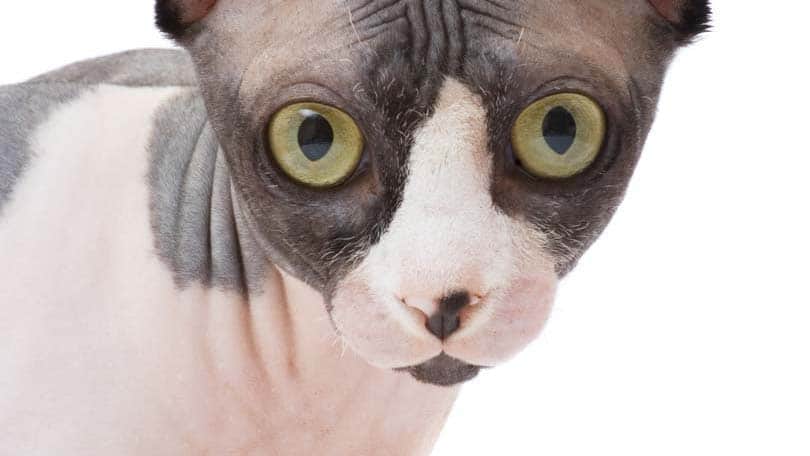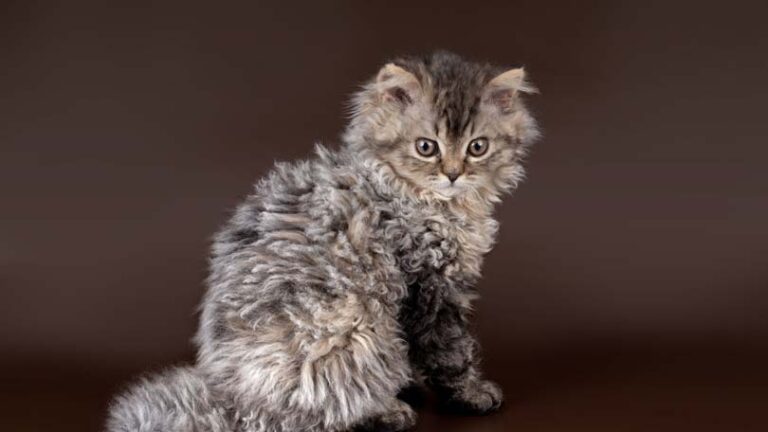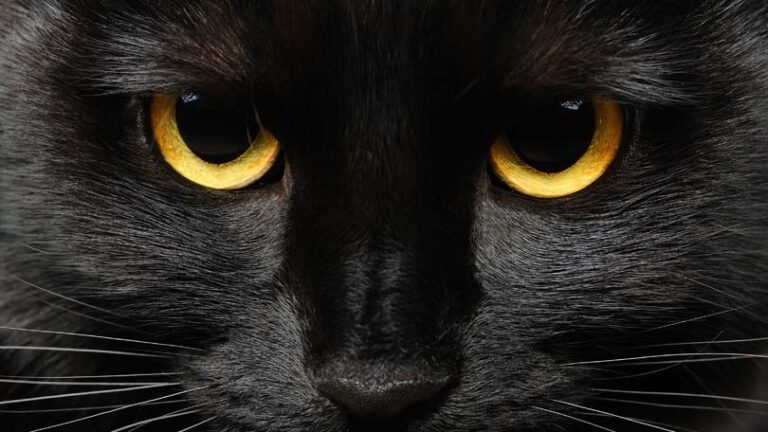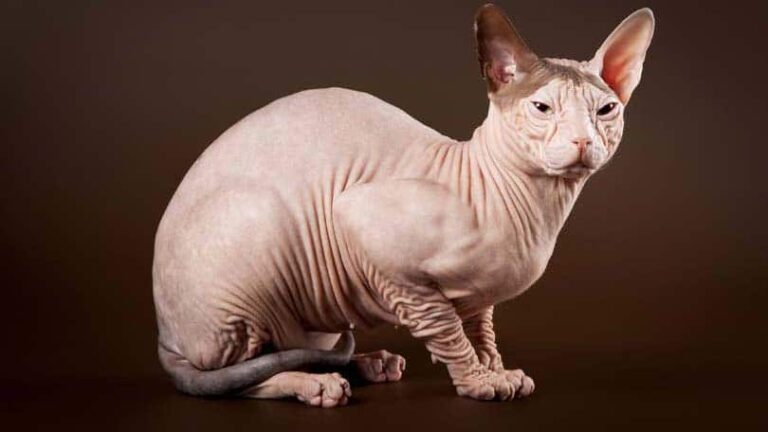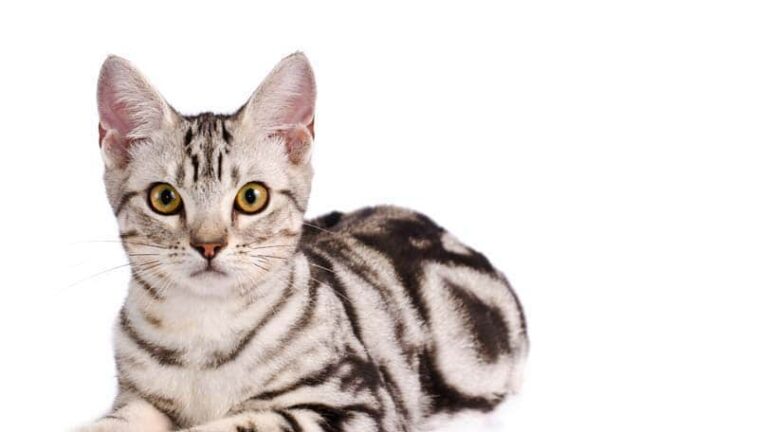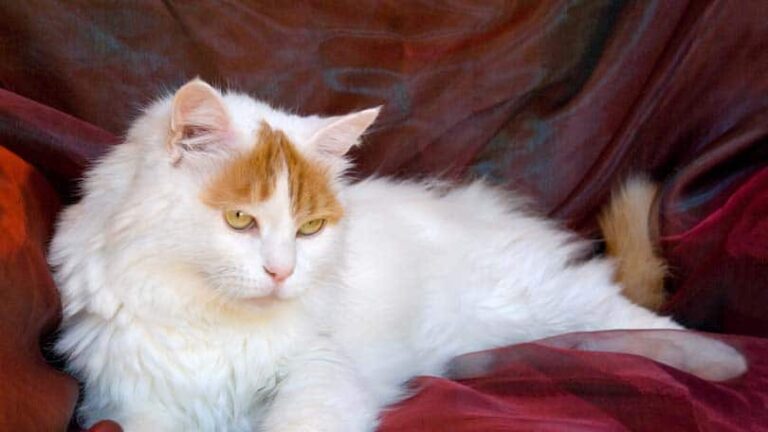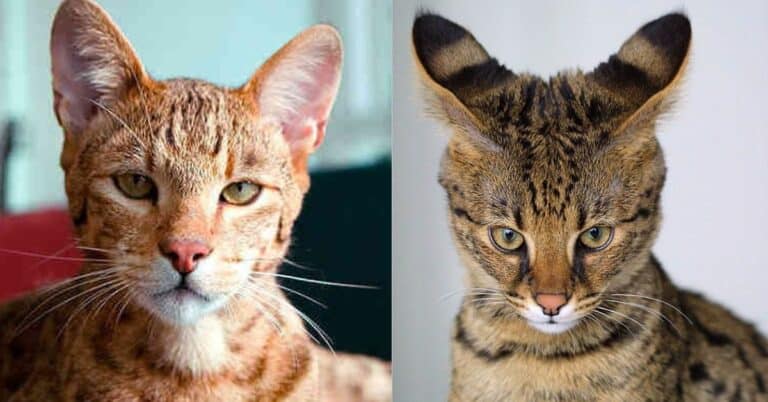Therapeutic Diets for Cats
Therapeutic diets for cats are specially targeted formulas that assist in the treatment and prevention of a wide range of diseases and illnesses. They can have a big impact on the quality of life of your cat, working in conjunction with traditional medicine to aid recovery or prevent an illness from developing further. They can only be prescribed by your veterinarian and cannot be bought “off the shelf” in supermarkets as other commercial cat food can.
Kidney failure, weight control, heart disease, cancer, diabetes and even allergies are just some of the problems that switching to a therapeutic diet can help fight against.
Therapeutic diets for animals were first introduced in 1940 when a vet named Mark Morris devised a nutritional diet plan for a dog suffering from kidney disease. The formula Morris devised was designed specifically to relieve the amount of work the dog’s kidneys needed to do and thus relieve the dog from some of the symptoms of the disease. The success was such that the dog lived more happily and for much longer than anyone, even Morris had expected. This particular diet was named the Prescription Diet KD (kidney disease).
Realizing that nutritional therapy in this way could help animals with a variety of illnesses, Morris began researching and formulating a number of other prescription diets to treat a range of problems. His work led to the creation of Hills Pet Nutrition, which is still one of the leaders in the development of these prescription diets. The term therapeutic diet is more widely use in reference to these specialized diets, as prescription diet is a brand name used solely by Hills Pet Nutrition.
Therapeutic diets for cats refer to any cat food formula that can only be bought on prescription from a veterinarian with the aim of helping the cat recover from a disease, or help stop the progression of a disease. There are a few companies that produce these specialized formulas, and both dry and canned food is available. Any cat food product found in a general store of supermarket that makes claims of being a therapeutic diet should be avoided, as this is simply untrue. It can only be bought on prescription or from a shop that is staffed by veterinarians.
Therapeutic diets are designed so they affect certain metabolic processes in animals which then produce changes in digestion or blood pressure or blood glucose levels or whatever process is being specifically targeted by the diet. Because of this, it is very important that these diets are only undertaken on prescription from a vet. If a normal, healthy animal were to be given a therapeutic diet, they will surely suffer as they are not receiving the balanced nutrition that they need. Therapeutic diets have a totally different nutritional makeup to normal pet food, with either a reduction or elevation of a wide range of nutrients compared to normal commercial foods.
Therapeutic diets designed to help cats suffering from heart disease for example are low in sodium, however sodium is an important part of a normal, healthy cat’s diet, and therefore the diet would be unsuitable at best, damaging at worst. Prior to prescribing a therapeutic diet, your veterinarian with perform a number of evaluations and provide a thorough medical diagnosis. If they feel a particular diet would be effective, only then will they prescribe it.
Therapeutic diets for cats are more expensive than commercial branded cat food, however, the overall effect on the quality of life for the cat far outweighs the cost. In a sense, a therapeutic diet is like medication, enabling the cat to liver better despite suffering from a disease, and even helping recover from it. The products within the special diets are comprised of much higher quality ingredients with specifically targeted effects, so in this instance, you really do get what you pay for. In reality, the cost is not a huge amount extra per day when compared to normal cat food.
There are no real dangers with therapeutic diets if used correctly. That is why the importance of a prescription from a veterinarian is so important. If a cat continues with a therapeutic diet when they no longer require it or their needs have changed, then the diet can be harmful. It is likely that regular check ups are required by the vet when a diet such as this is being undertaken so any changes or tweaks can be made in accordance with the medical condition of the cat. Monitoring is very important throughout the process.
If you are currently using a therapeutic diet for your cat or other pet and you feel that there may be something wrong, take your pet to the vet straight away.
Therapeutic diets are an effective way to help reduce the effects of an illness or disease that your cat is suffering from. There have been remarkable health improvements seen across the world in cats when the switch has been made from regular commercial cat food to a specially formulated therapeutic diet cat food. It is not possible to purchase the food at grocery stores however, and all therapeutic diet food must be prescribed by your vet for healthy, safety, liability and ethical reasons. Consistent monitoring is required throughout the process as therapeutic diets are so specifically targeted, that if your cats needs change even slightly, it may be appropriate to change the diet. Regular, healthy cats should by no means be given a therapeutic diet as it will result in incomplete nutrition for them leading to possible poor health. The targeted formula and the high quality of ingredients used in these diet products make them more expensive than regular cat food, but your cat will thank you for it. There is no doubt about that.

Having discovered a fondness for insects while pursuing her degree in Biology, Randi Jones was quite bugged to know that people usually dismissed these little creatures as “creepy-crawlies”.

